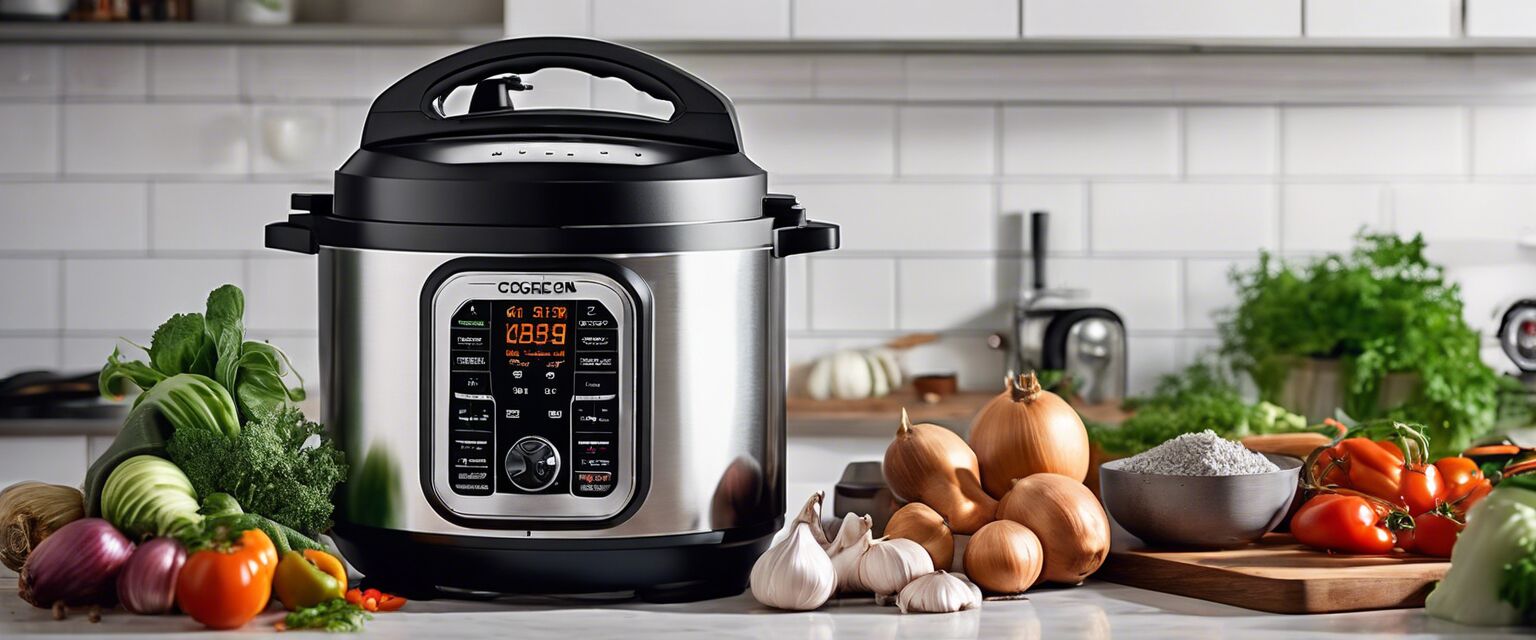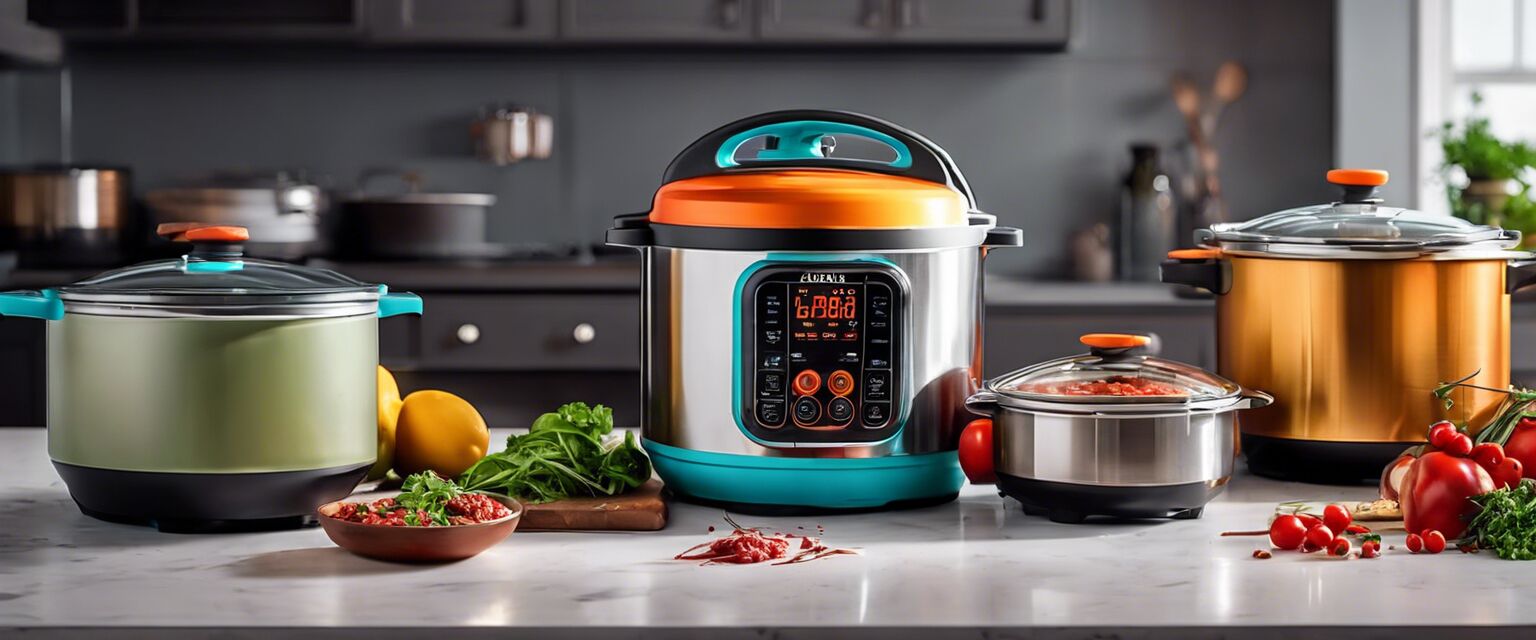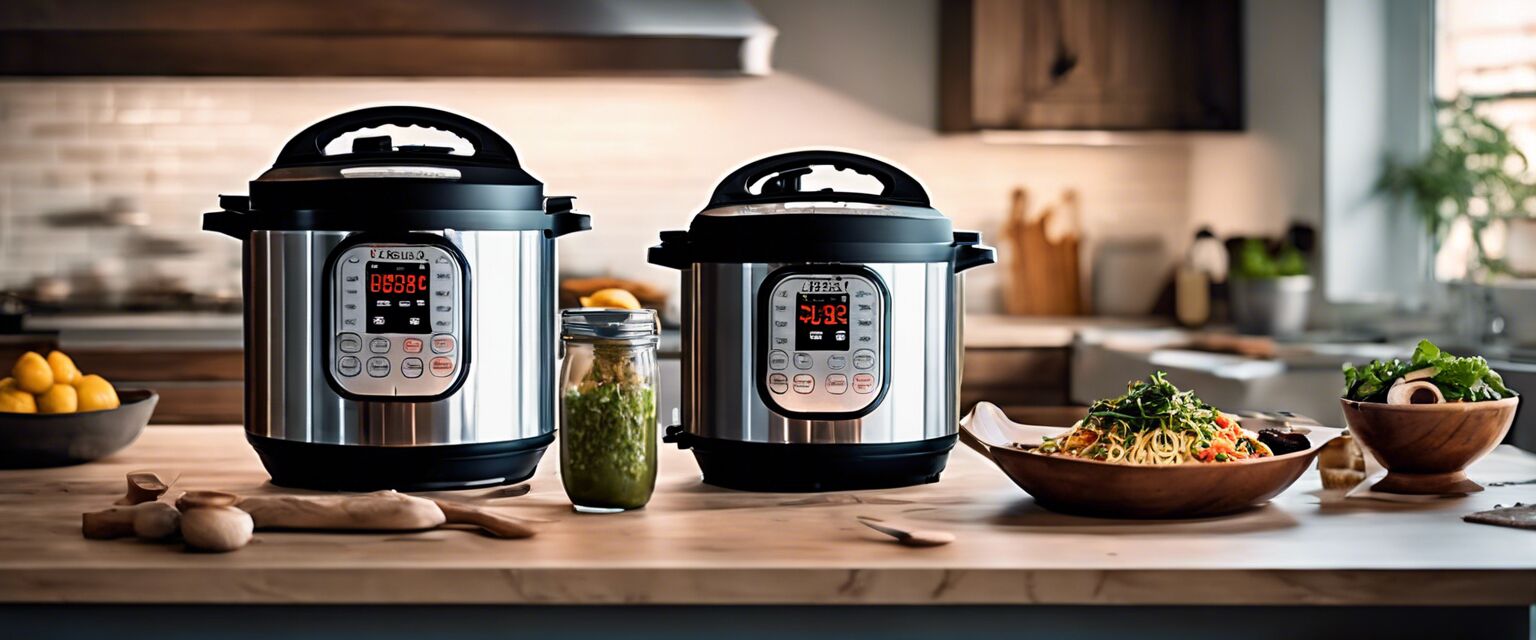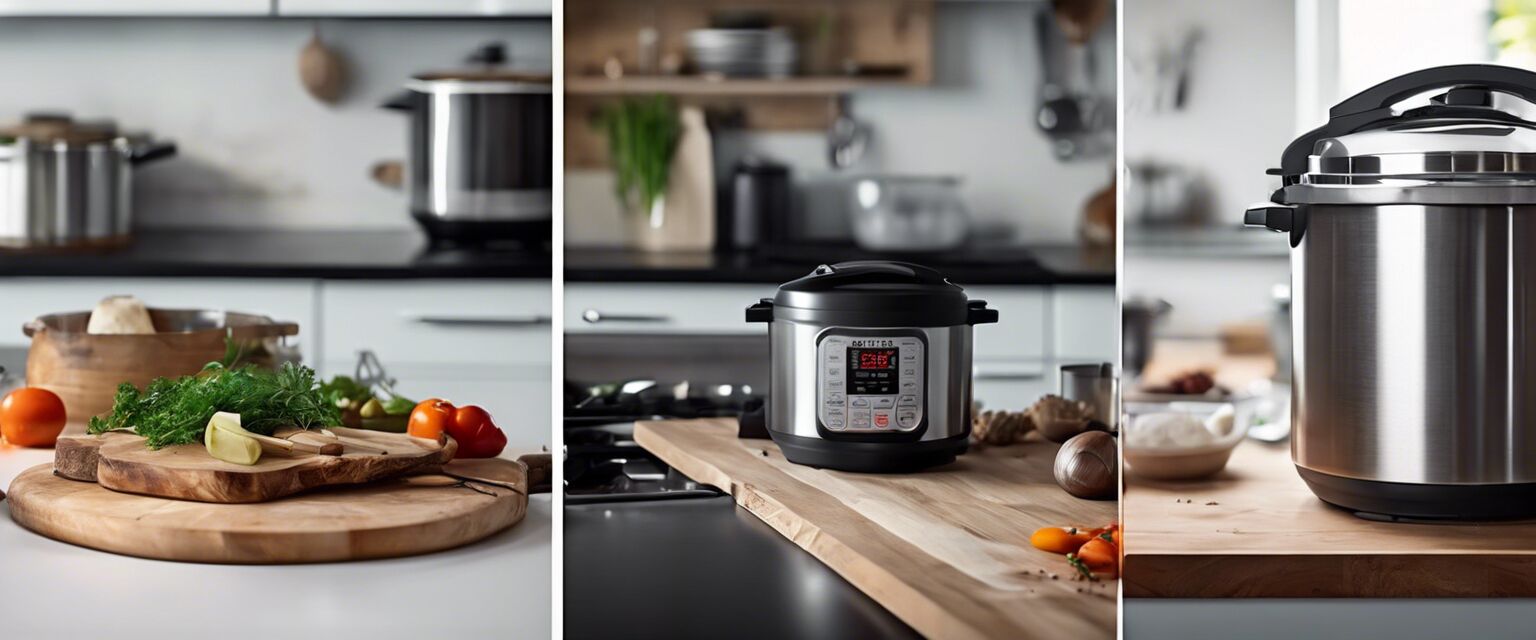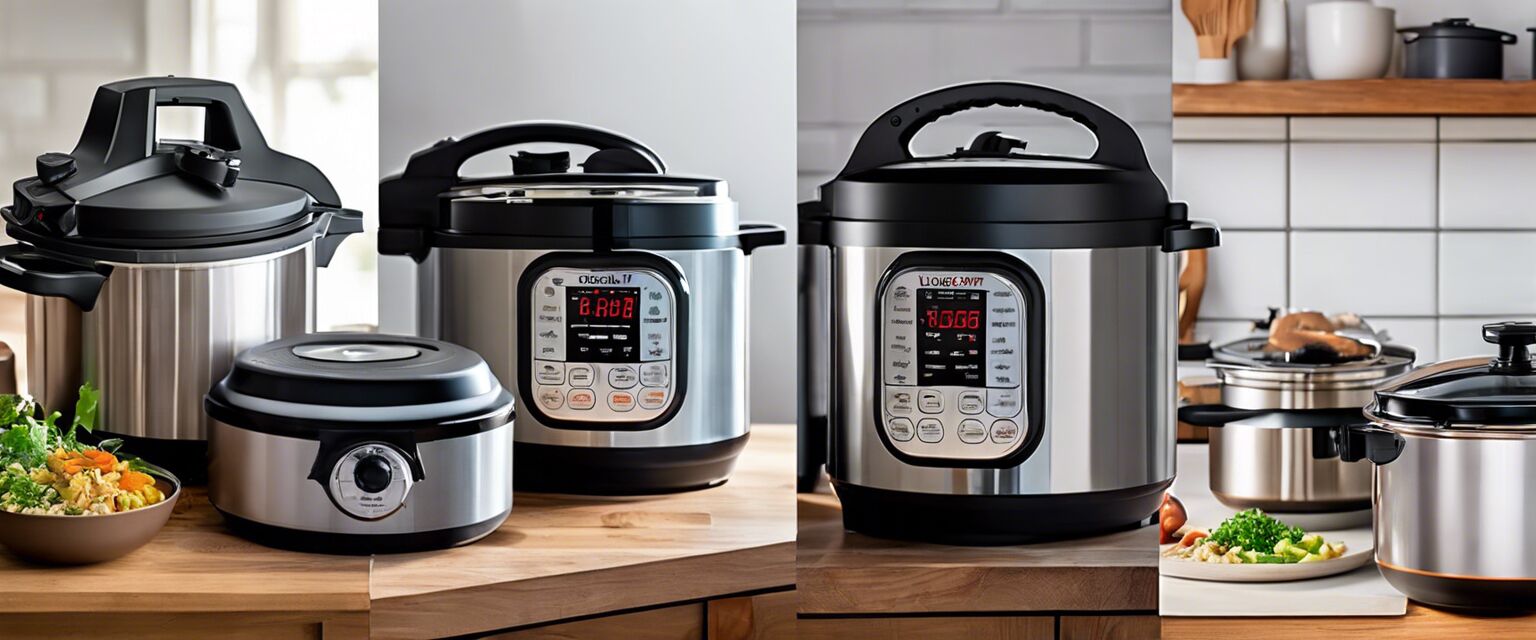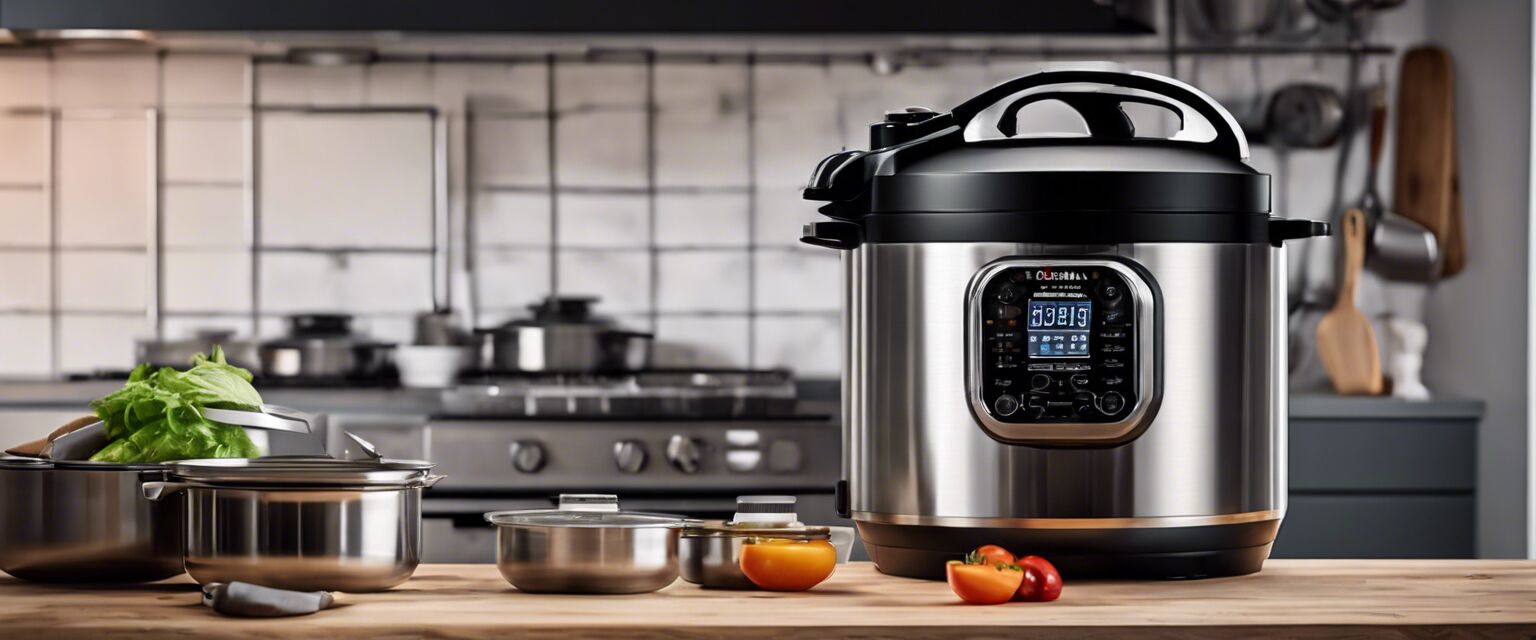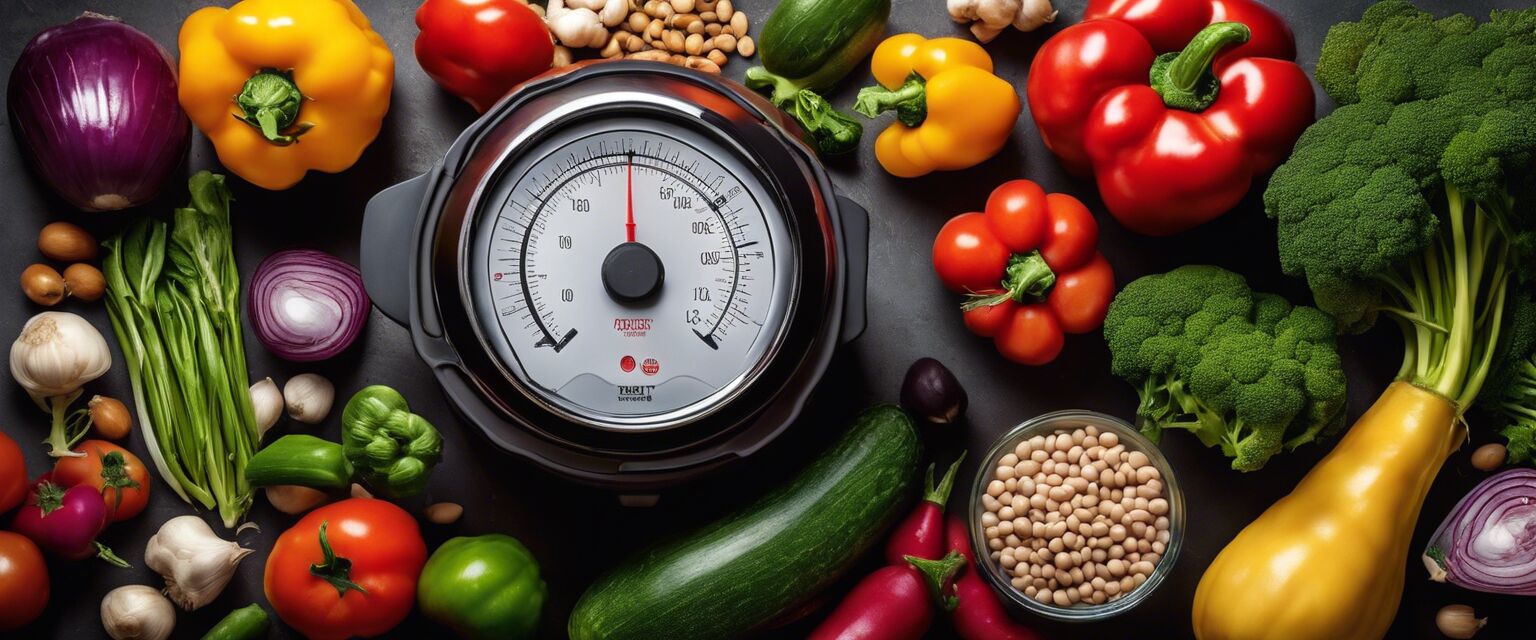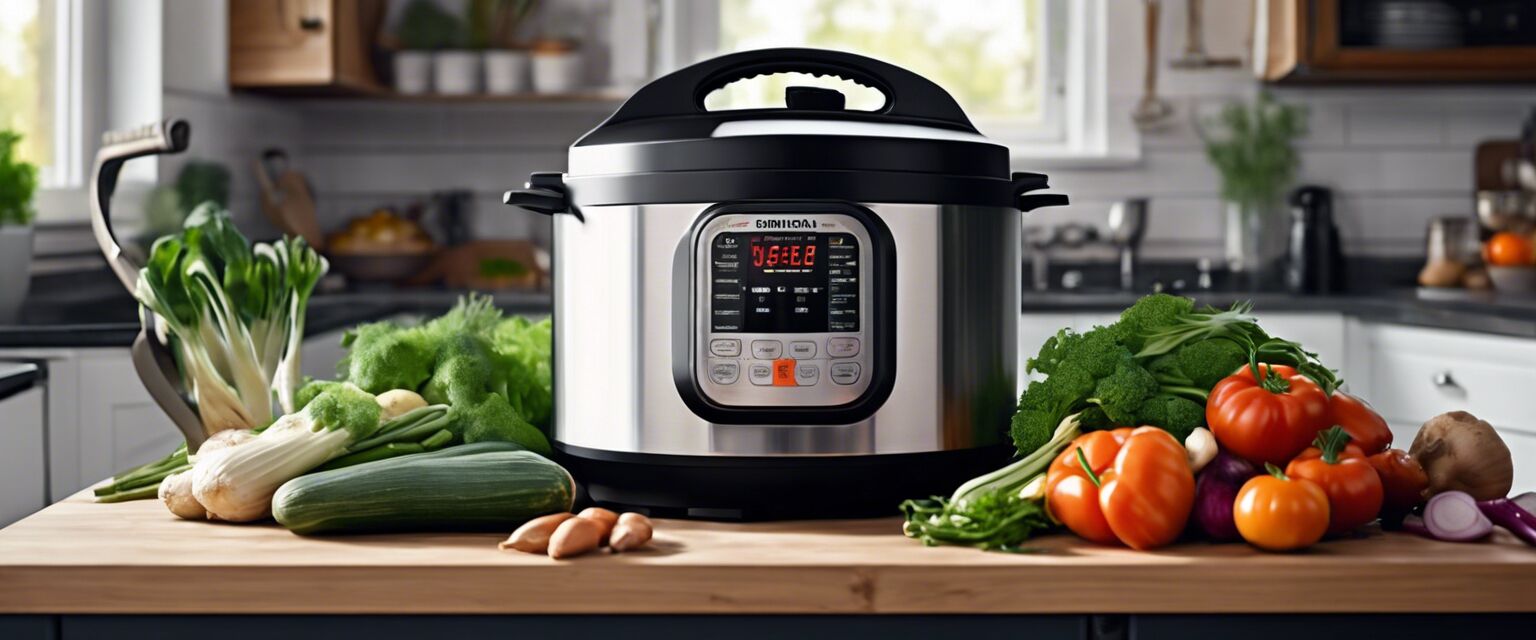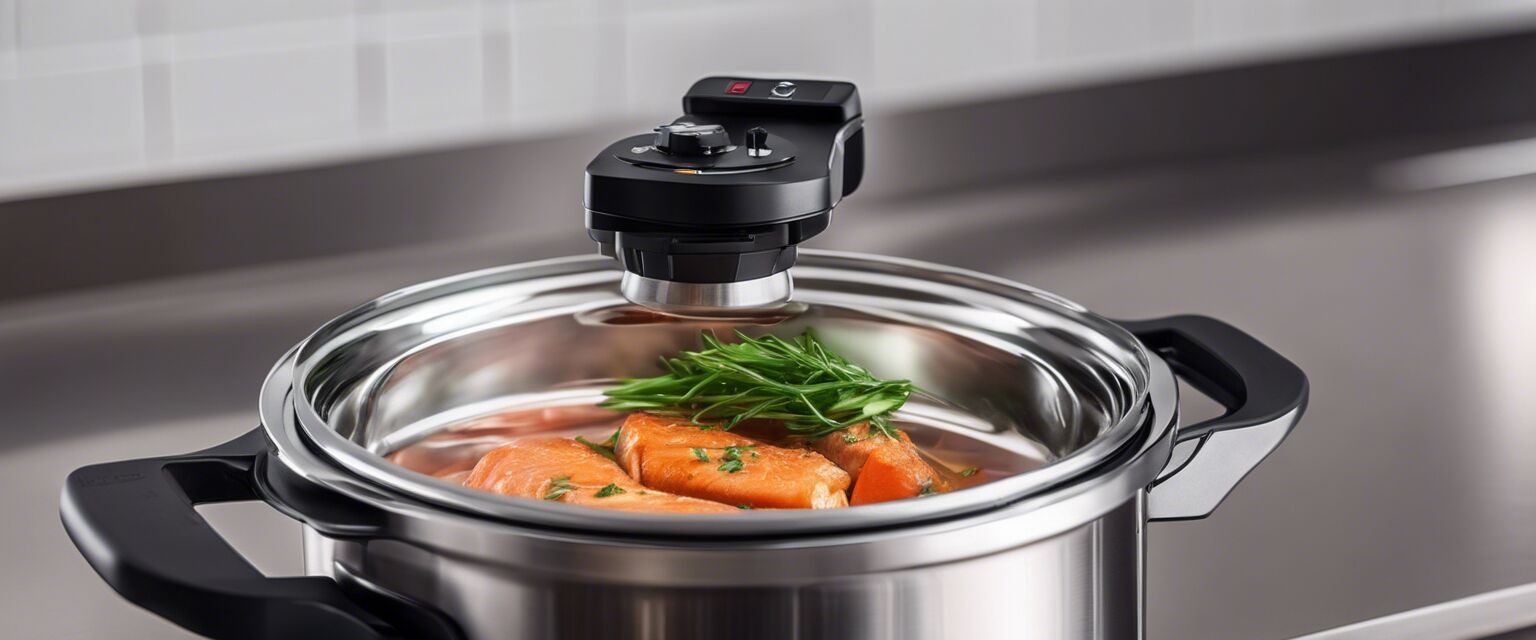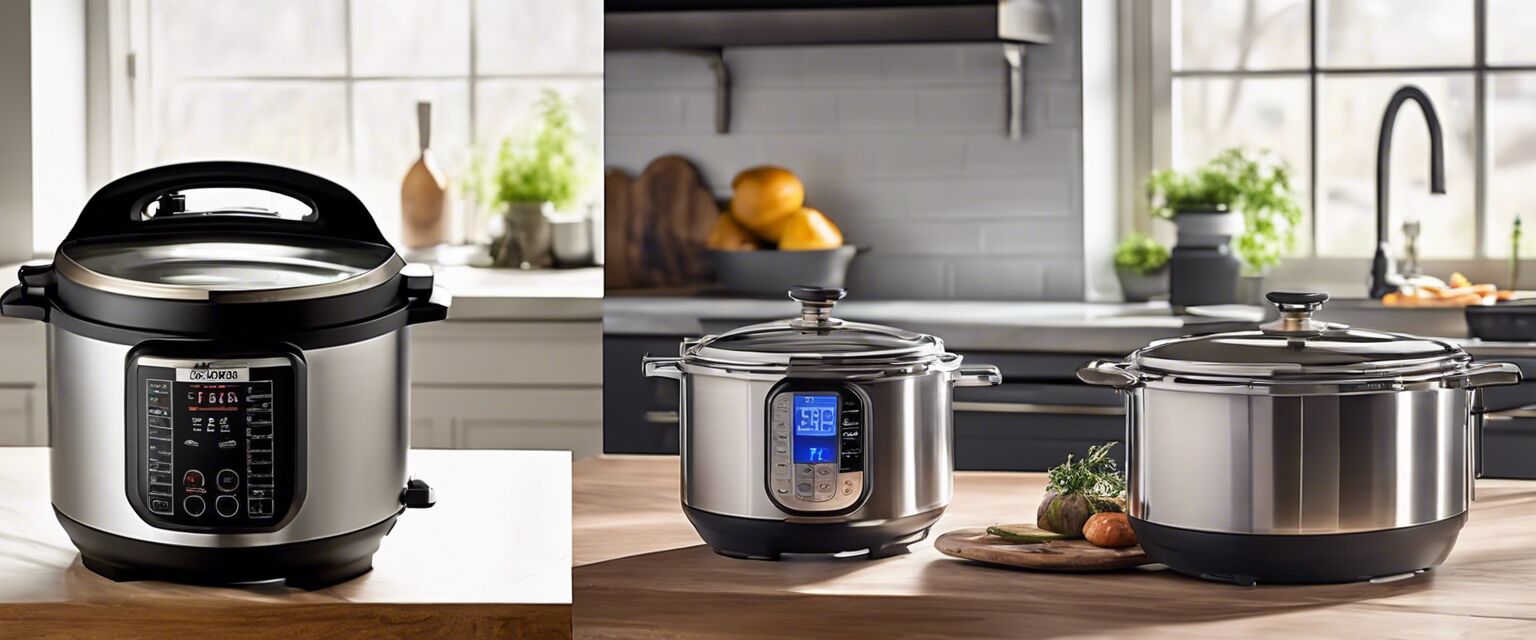
Electric vs Stovetop Pressure Cookers: Which One is Right for You?
Choosing the right pressure cooker can be a daunting task, especially with the numerous options available in the market. Two of the most popular types of pressure cookers are electric and stovetop pressure cookers. In this article, we will compare these two types of pressure cookers to help you make an informed decision.
Key Takeaways
- Electric pressure cookers are convenient and easy to use, but may lack the versatility of stovetop pressure cookers.
- Stovetop pressure cookers offer more control over cooking and can be used for other cooking methods, but require more manual effort.
- Consider your cooking needs, skill level, and personal preferences when choosing between electric and stovetop pressure cookers.
Electric Pressure Cookers
Electric pressure cookers are a popular choice for many home cooks due to their ease of use and convenience. These cookers use electricity to heat up and maintain pressure, making it easy to cook a variety of dishes with minimal effort.
| Feature | Electric Pressure Cookers |
|---|---|
| Convenience | Easy to use, automatic pressure control, and minimal manual effort required. |
| Versatility | Limited to pressure cooking, but some models may have additional features like slow cooking or sautéing. |
| Speed | Faster cooking times compared to stovetop pressure cookers. |
Stovetop Pressure Cookers
Stovetop pressure cookers, on the other hand, require more manual effort and attention, but offer more control over cooking and versatility. These cookers use the heat from your stovetop to build pressure, allowing for more precise control over cooking times and temperatures.
| Feature | Stovetop Pressure Cookers |
|---|---|
| Convenience | Requires more manual effort, monitoring of pressure, and stove management. |
| Versatility | Can be used for other cooking methods like sautéing, browning, and simmering. |
| Speed | Slower cooking times compared to electric pressure cookers. |
Comparison of Electric and Stovetop Pressure Cookers
When deciding between electric and stovetop pressure cookers, consider the following factors:
- Cooking needs: If you primarily cook simple meals like rice, soups, and stews, an electric pressure cooker may be the better choice. If you want more control over cooking and versatility, a stovetop pressure cooker may be the way to go.
- Skill level: If you're new to pressure cooking, an electric pressure cooker may be a better option due to its ease of use. If you're more experienced, a stovetop pressure cooker may offer more flexibility and control.
- Personal preferences: Consider your personal preferences for convenience, speed, and versatility when choosing between electric and stovetop pressure cookers.
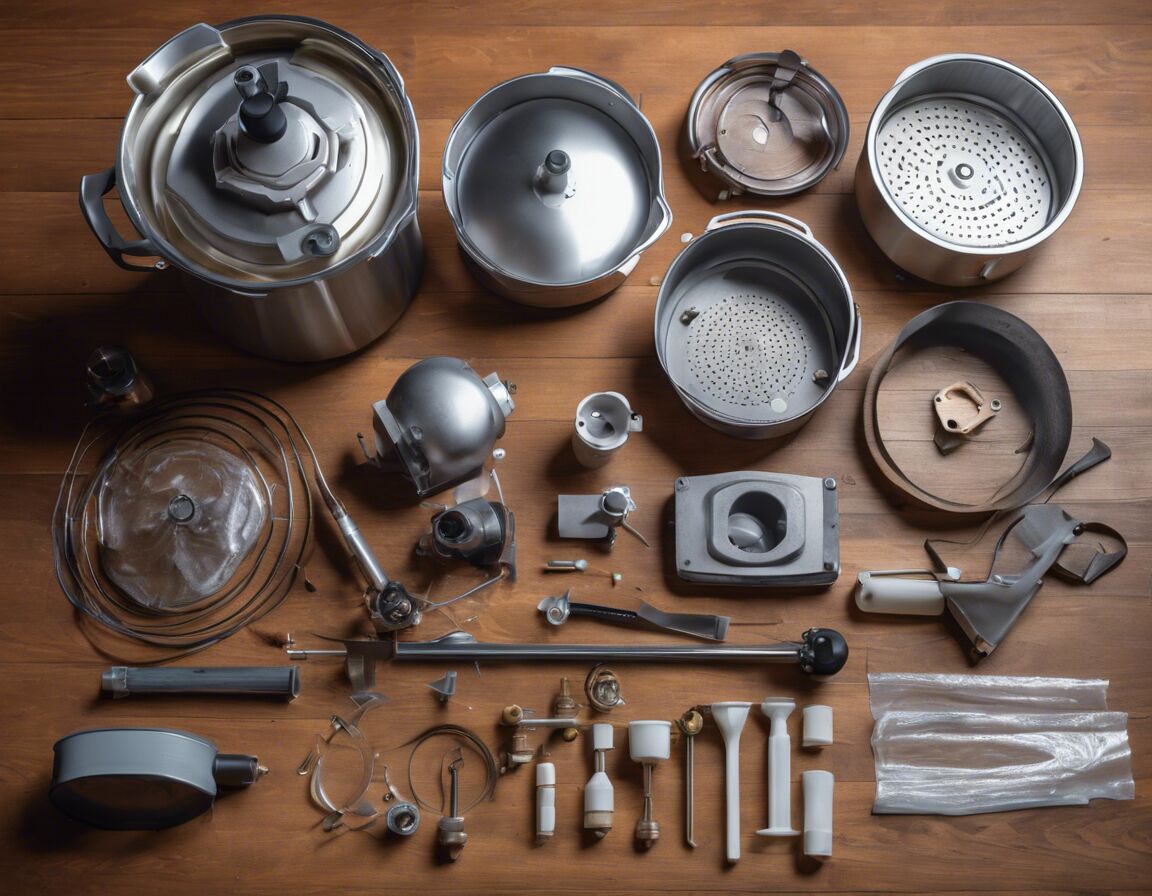
Maintaining your pressure cooker is crucial to ensure safety and longevity. Check out our Pressure Cooker Maintenance page for tips and guidelines on how to properly clean and care for your pressure cooker.
Pros and Cons of Electric and Stovetop Pressure Cookers
Electric Pressure Cookers
- Easy to use and convenient
- Faster cooking times
- Less manual effort required
Electric Pressure Cookers
- Limited versatility
- May not be suitable for certain cooking methods
- Dependent on electricity
Stovetop Pressure Cookers
- More control over cooking
- Versatile and can be used for other cooking methods
- Not dependent on electricity
Stovetop Pressure Cookers
- Requires more manual effort and attention
- Slower cooking times
- May require more skill and experience
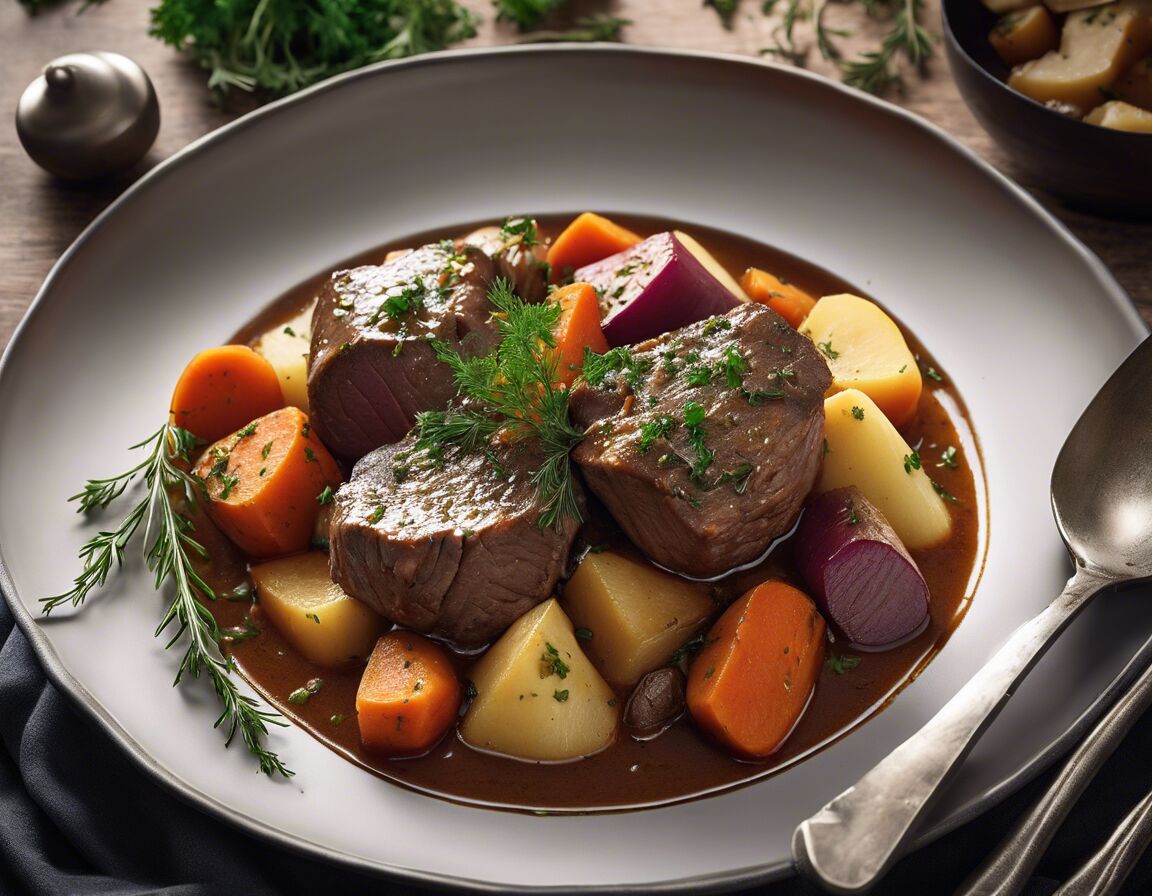
Looking for delicious and easy-to-make pressure cooker recipes? Check out our Pressure Cooker Recipes page for inspiration and ideas.
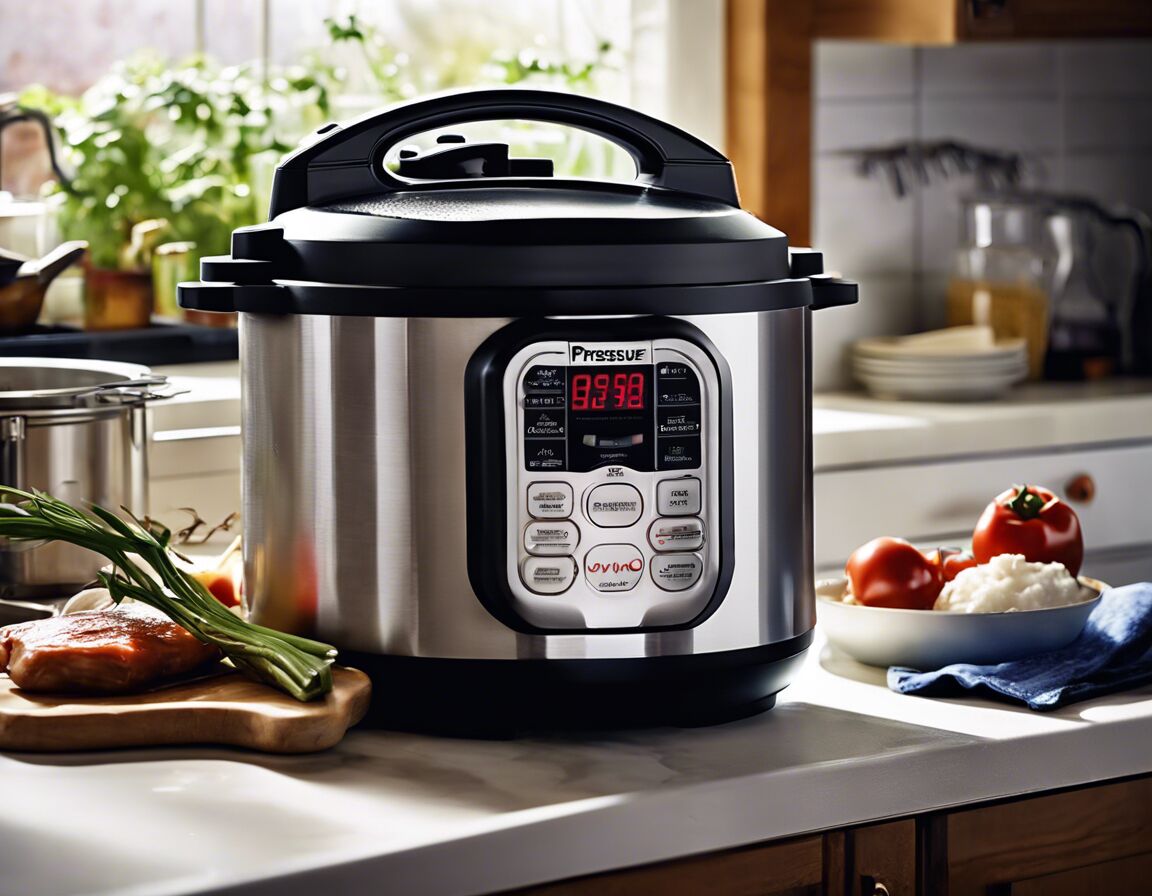
Remember to always follow safety guidelines and precautions when using your pressure cooker. Visit our Pressure Cooker Safety Tips page for important safety information and guidelines.
Conclusion
In conclusion, electric and stovetop pressure cookers both have their advantages and disadvantages. By considering your cooking needs, skill level, and personal preferences, you can make an informed decision on which type of pressure cooker is right for you. Happy cooking!
Beginners Section
- Start with simple recipes and gradually experiment with more complex dishes.
- Always follow the manufacturer's instructions and guidelines for your specific pressure cooker model.
- Practice makes perfect, so don't be discouraged if you encounter setbacks or mistakes.
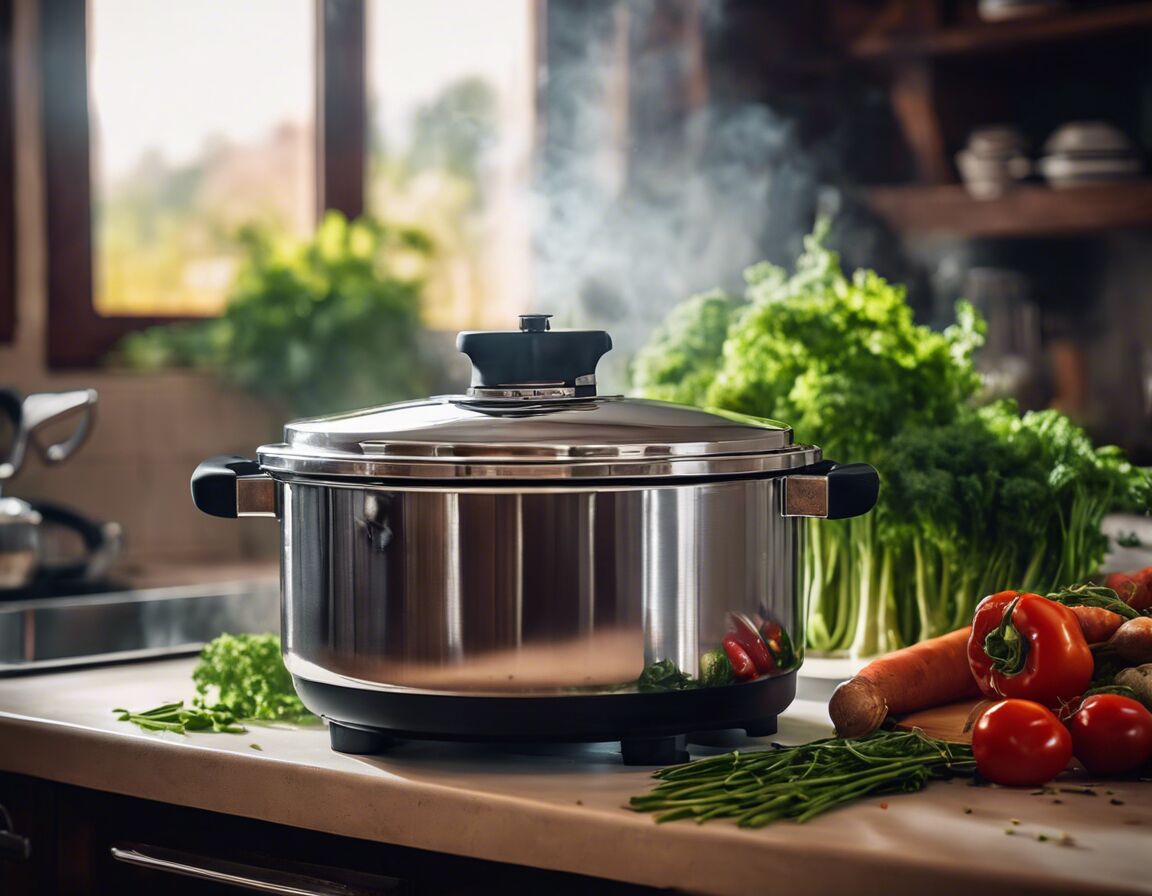
Ready to start your pressure cooking journey? Explore our Pressure Cookers page for a wide range of electric and stovetop pressure cookers to suit your needs.
